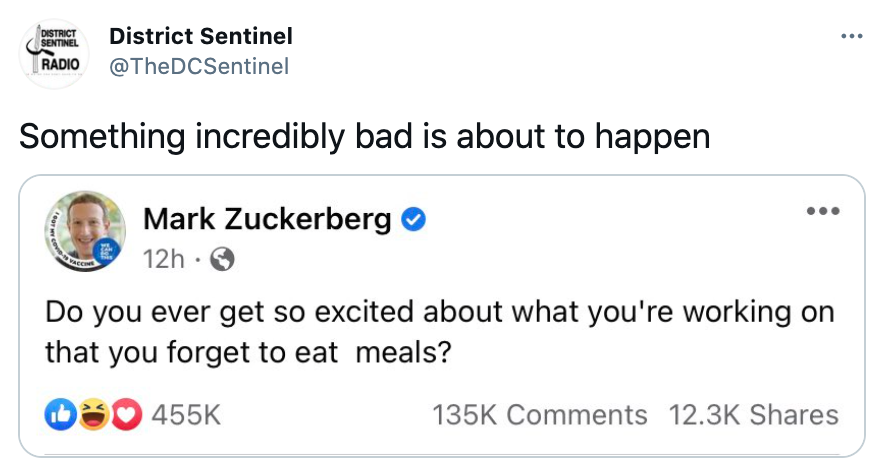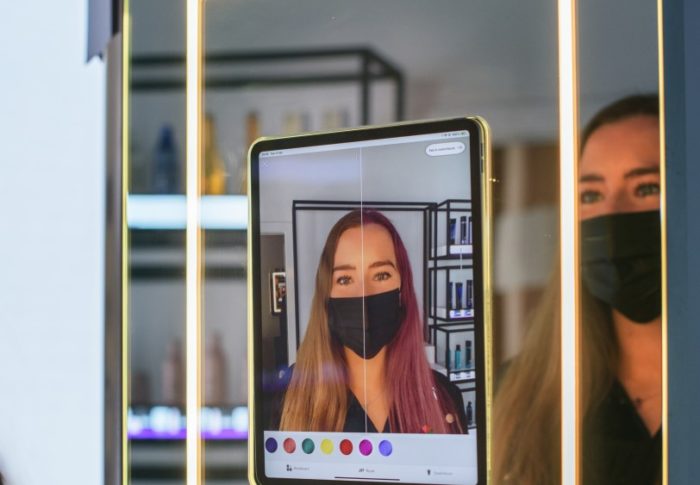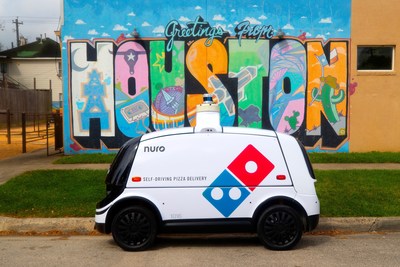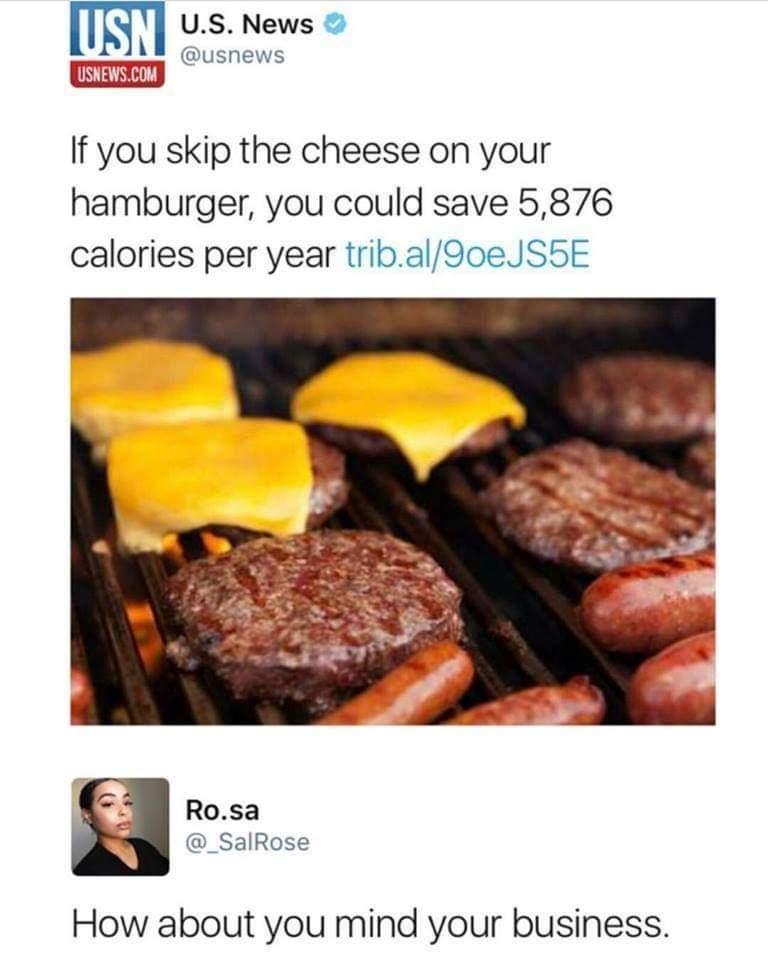1. Good Monday Morning
It’s May 3. This is George writing to you on the Sunday when 220 million Orthodox Christians worldwide celebrate Easter.
Many of us have non-biological moms so to those women as well as the women who gave us life, Happy Mother’s Day on Sunday.
Today’s Spotlight is 1,474 words — about a 5 minute read.
2. News To Know Now
Quoted: “I often think of this Roger Black quote, which says that fonts are basically like clothing for your ideas. So what we’re saying is that Calibri has gone out of fashion.” — Microsoft exec Simon Daniels announcing that the company is moving to a new default font after fourteen years.
a) A changing economy triggered by a novel coronavirus pandemic led to record quarterly earning announcements from Big Tech companies last week. Ad revenue was a leading driver for Google and Amazon, while Apple reported hardware growth and Microsoft improved earnings in gaming and cloud-based services.
Alphabet reported higher earnings and $3 billion more revenue than expected. YouTube ad sales for the quarter came in at $6 billion — over $300 million higher than estimates. Google’s travel and entertainment expenses were also down $268 million for the quarter — an annual run rate of more than $1 billion in savings.
Amazon announced that they now have over 200 million Prime subscribers and are moving Prime Day from July to June this year. That move pushes revenue from the big promotion into Q2 results.
Apple reported profits that were 40% higher than analysts expected thanks to strong iPhone 12 sales.
Microsoft reported that they are experiencing more cloud service demand. The company is also a major online gaming player, and the Internet was buzzing with rumors about a significant revenue sharing move Microsoft may soon make.
These four companies posted combined quarterly profits of nearly $70 billion. Apple announced it would increase its stock buyback program by $90 billion. Microsoft and Alphabet each announced $50 billion in buybacks.
b) Automattic, the company run by WordPress founder Matt Mullenweg, announced on Wednesday that it acquired Creative Commons’ free image search service, CC Search. Mullenweg said Creative Commons warned that it might stop offering the free service due to a lack of funding.
c) Security journalist Brian Krebs reports Experianexposed consumer data online. A college sophomore was able to see credit scores of other individuals using only a person’s name, date of birth and address.
3. COVID-19 Tech News
Data — Daily Average (7 day trailing)
US Deaths — 692
US Hospitalizations — 41,198
US Vaccinated — 31.6%
Source
Great Trackers
Overview — Johns Hopkins
Vaccine Distribution — Washington Post
Vaccine Finder — CDC Project
Risk Calculator — Brown
New York Times tracker that allows you to customize a daily email with multiple cities and towns that you’re monitoring: Click here to configure.
Coronavirus & Tech News
Google Adding COVID-19 Info to Travel Searches — The Verge
New Law Discounts Internet for Active Duty, Vets, & Survivors — Military.com
4. Search Engine News
Spam is a major problem for businesses, and it’s only getting worse. Google reports finding 40 billion pages of spam daily, which means that there are enough new spam sites created each day to fill the Library of Congress if they were printed. The company’s annual web spam report was published this week and underscores how criminals can easily automate the process of creating fake websites.
Google exec John Mueller acknowledges that the company’s view of all web content includes trying to deduce information that isn’t explicitly stated, like who wrote the piece. They do this by cross referencing all pages. Muller says he recommends that authors “.. link to a common or kind of like a central place … like a social network profile page.”
Another way Google creates data is by understanding how fast people are traveling between destinations. That allows the company to understand issues like fuel economy. They’ll put that knowledge to good use later this year by defaulting Google Map directions to the most fuel-efficient route, even if that isn’t the fastest route.
5. In The Spotlight — Apple and Facebook Fight
It has become the largest company in history, having generated hundreds of billions of dollars from the use of your data for advertising. Now Facebook is facing a threat from an Apple software update that appears likely to halt data collection from Apple device owners.
After an Apple operating system update last week, companies are required to obtain explicit consent from Apple device owners before tracking them across the internet. Facebook and Google both opposed the impending change, but their opposition took different paths. For months, Facebook has been priming its advertisers with data that suggests that advertising results may not be as comprehensive or clear after the update.
Almost every Big Tech company faces privacy concerns, but few are as reliant upon the sale of consumer data for profit as Facebook. Last year, Facebook asked for a Supreme Court ruling on its practice of tracking logged out users across the internet by embedding Facebook buttons on websites.
Earlier this year, the Court declined to hear that motion and further rebuffed Facebook’s attempt to reduce a $15 billion class action lawsuit involving this matter. Facebook is also facing similar legal pressures in Australia.
The Google way out of this has been to develop groups it assigns to users. Advertisers don’t know the specific people being targeted, but will pay for the behavior such as “car shoppers” or “parents of teens.” Although Google says individual privacy is protected, critics argue that discriminatory advertisements will be easier to run and that association of labels with browsing activity hurts everyone.
At least for now, other tech companies seem to agree that Google’s groups are a bad idea. Rival search engine DuckDuckGo says it will ban the data used in the labels. They’ll be joined by WordPress and the Brave privacy browser.
Our take: Apple continues to claim the high ground in privacy, while driving profits by charging premium prices for its devices. A new iPhone 12 costs about $1,000. Options can raise the price considerably. Google and Facebook are going to find a way to access private information based on consumer data because together they generated well over $220 billion (with a b) in advertising revenue last year. If they can’t get individual user data, they’ll use projections. Don’t forget that all three companies are facing significant regulatory actions.
6. Debunked — Viral Article about Domestic Violence
A viral article wrongly claimed that there were 163 million Google searches for the phrase “how to hit a woman so no one knows” during the pandemic. That’s not even remotely true.
7. Following Up — NYPD Robot Dog
We told you last week about the NYPD’s robot police dog with the dumb name Digidog. We had suggested RoboBark and stick with our choice. Last week, the pilot program was ended months early. New York Mayor Bill DeBlasio said that Digidog is “creepy, alienating, and sends the wrong message to New Yorkers.”
8. Protip — Export Facebook Posts to Google Drive
If you’re ready to immortalize your Facebook posts, you can now export them directly into a Google Doc or WordPress or Blogger installation. This Lifehacker primer will guide you.
Please do not export your Facebook posts into a blog because that will not be a pleasant reading experience for anyone.
Screening Room – Doritos Mexico & LGBT Moms
10. Science Fiction World — Trombia
Helsinki just ended a test of the Trombia Free municipal cleaning robot. It’s a street sweeper that runs autonomously and looks like a huge Roomba. Did I mention this thing drives itself and is emissions free?
11. Coffee Break — Oval Office Over Time
We were all too burned out on politics to look at this fascinating gallery of the Oval Office layout and decorating through history, but it’s probably time now. And bravo to American Home Shield for extending themselves with a piece of viral content that wasn’t directly on-brand and went viral.
I like the blue President Biden picked.
12. Sign of the Times

“How Europe is dealing with online privacy” by SaFoXy is licensed under CC BY-ND 2.0




